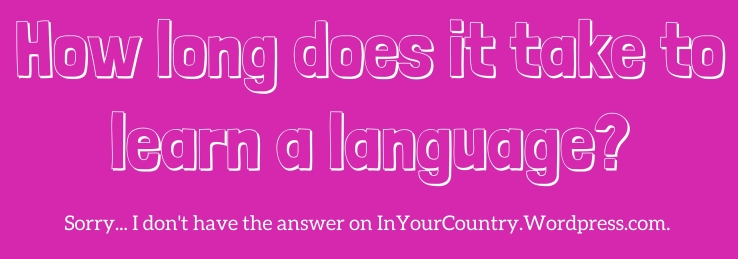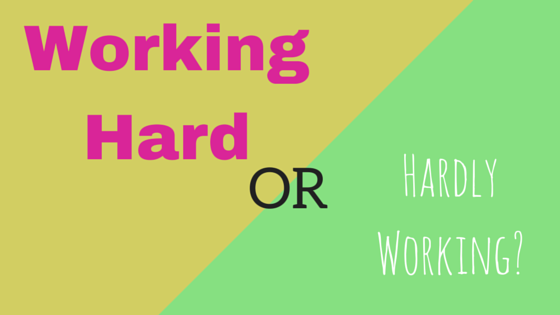I love teaching complete beginners to speak English! For me, it fees like starting a project from scratch and then watching it develop.
I like teaching the basics and then seeing students connect the dots in their minds as they learn new things. (For example, if they learn “I don’t understand,” on day 1, they often have a lightbulb moment when I teach them to form negative sentences three weeks later.)
I like the feeling that if I train them well from the beginning, I can help them avoid the common basic mistakes that more advanced students make all the time (“go TO,” not “go IN!).
I love when a few weeks in, the occasional beginner student looks at me all bright-eyed, and says something like, “Wow! I understand everything we learn!” or “Wow! English is easy!” or “I can’t believe I like English!” And then they share a horror story about a nightmare teacher who told them they were bad with languages and would never learn English, or about getting stuck in a class where they didn’t understand anything. Beginners are really appreciative, and when I’m doing my job right, I know it.
Luckily for me, none of the other teachers at my school seem to share my enthusiasm for teaching low-level learners, so when they come along, I’m usually the one asked to teach them. A lot of teachers who I’ve spoken to seem to think that it’s harder to teach beginners than to teach intermediate and advanced students, but for me it’s the opposite. (Advanced students ask hard questions!)
This month, my goal is to put together of series of posts to help other teachers who need help with their beginner classes. If you’re one of those people, I’d love to hear from you:
-What questions do you have about teaching beginners?
-What are some problems you’ve had in the past?
-Do you have any beginner horror stories?
Or if you’re like me, and you do love beginner classes:
-What do you like about teaching beginners?
-What tips do you have for anyone who is struggling?
Please take a moment to answer a question or two in the Comment section. 🙂





